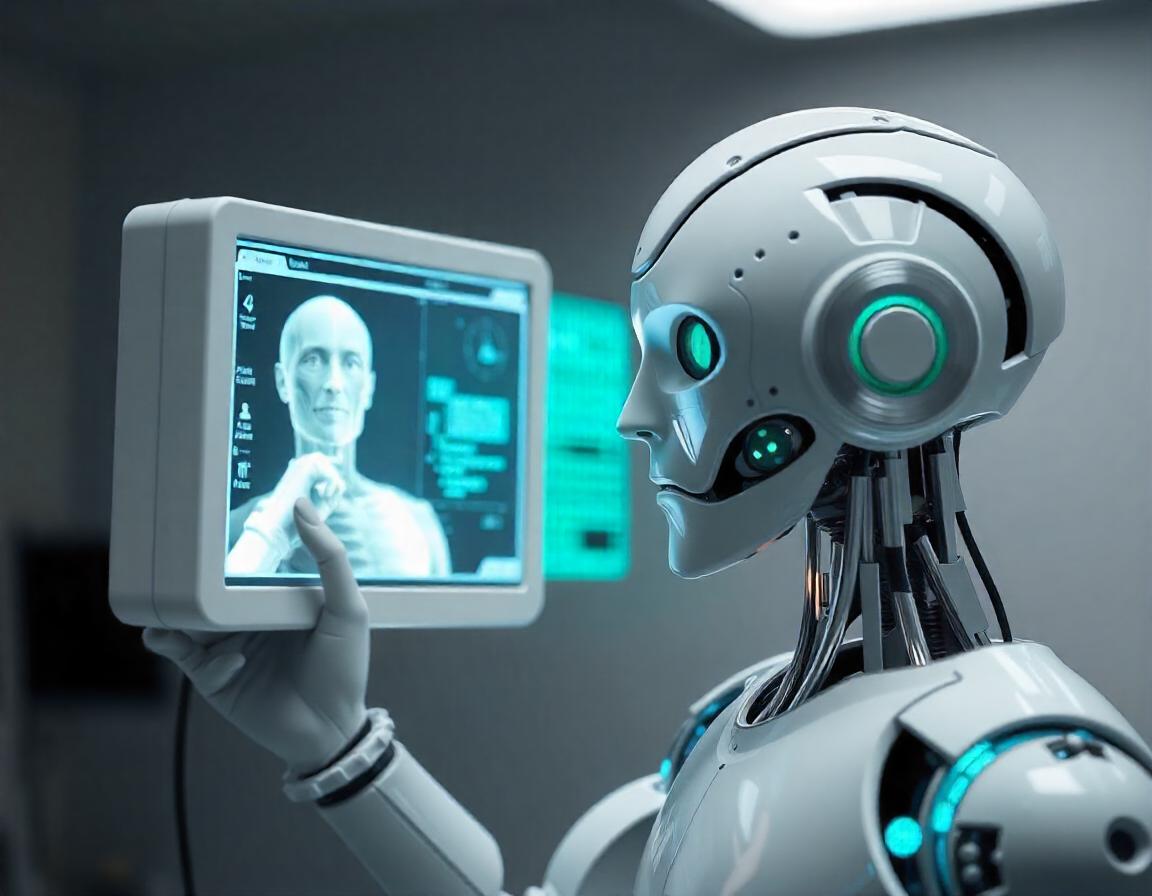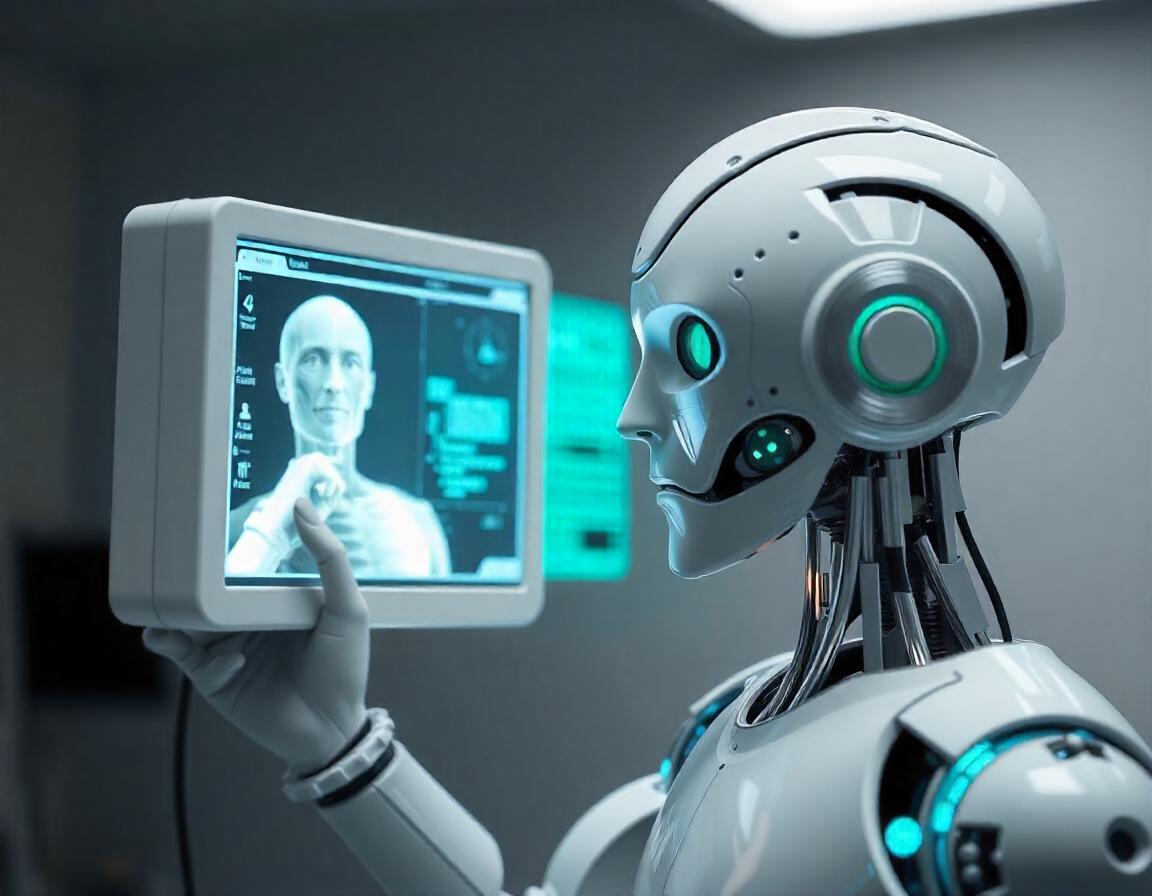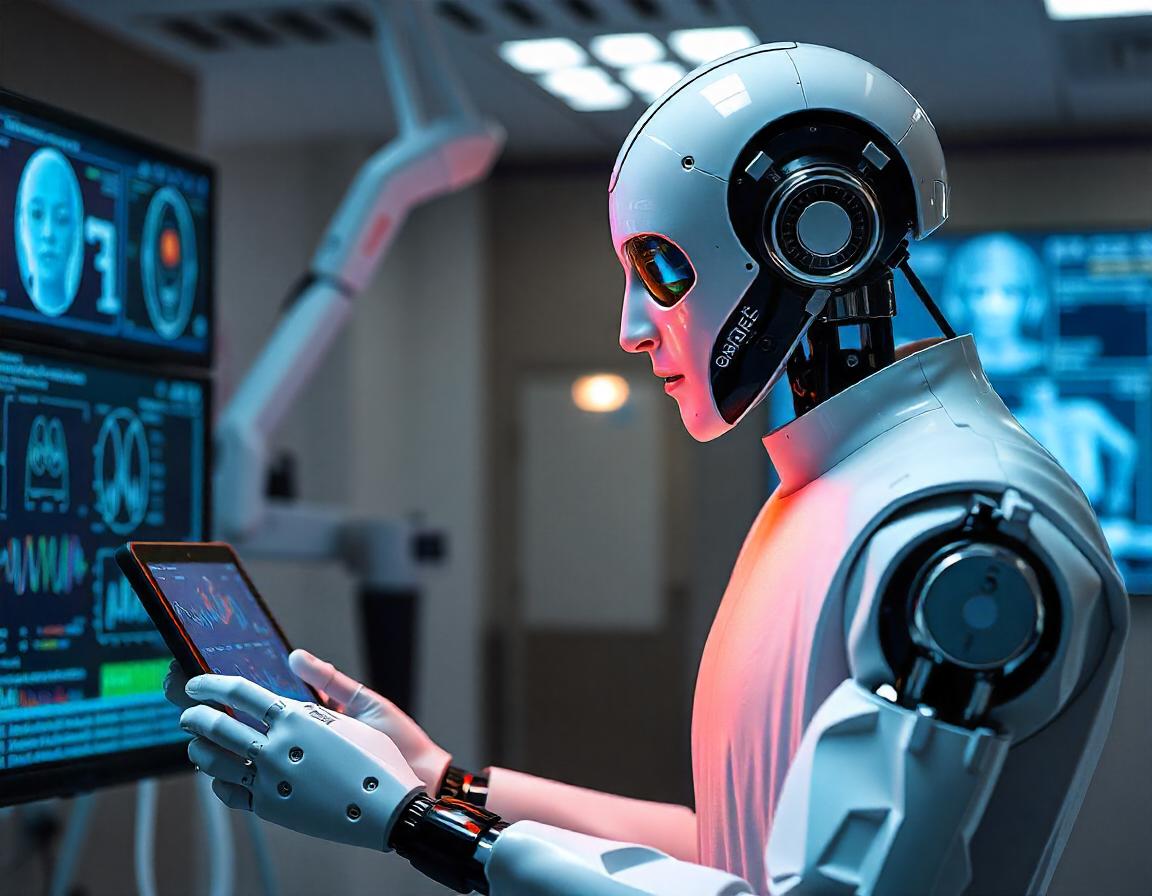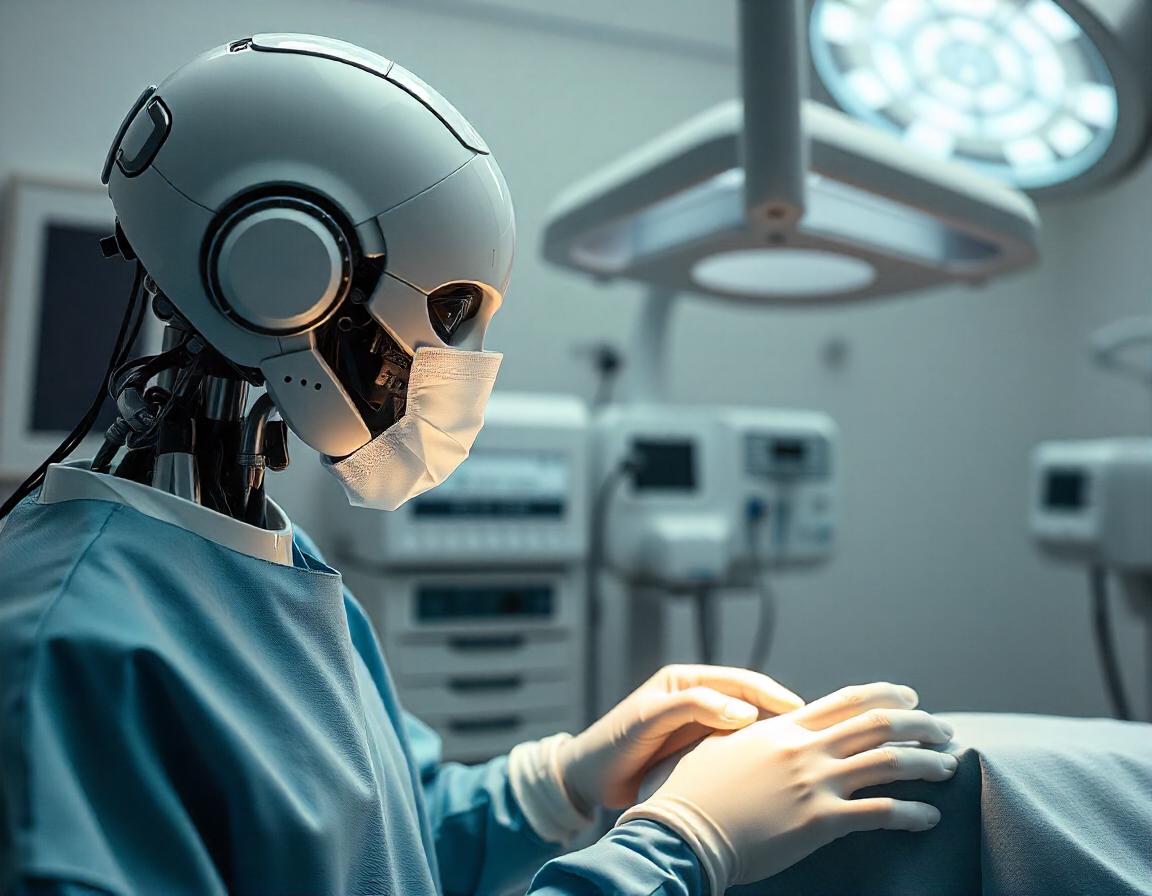October 25, 2024

Artificial Intelligence (AI) has become an integral part of modern life, with its influence growing rapidly, especially in healthcare. While some fear that AI could one day replace human physicians, research shows that it is more likely to complement and enhance clinical decision-making, diagnosis, and treatment. By assisting with faster, more accurate outcomes, AI is proving to be an essential tool for medical professionals.

Expanding AI in Healthcare
AI is becoming more prevalent in healthcare in various forms, such as diagnostic tools and treatment management systems. These AI systems often leverage large databases, allowing doctors to quickly access thousands of resources to aid in diagnosis and treatment plans. While healthcare professionals remain well-versed in their fields, AI helps by speeding up processes and offering more precise insights based on vast datasets.
Despite fears that AI might reduce the need for human clinicians, evidence suggests that it enhances their abilities rather than replacing them. AI’s strength lies in processing vast amounts of data to help identify patterns that may not be immediately apparent. This ability improves accuracy in early detection, diagnosis, and treatment predictions, supporting practitioners in delivering better patient care.
Real-Time Learning and Adaptation
AI’s ability to learn from data and feedback makes it an invaluable tool for improving healthcare outcomes. AI systems continuously update in real time, allowing them to deliver the most accurate and relevant information to doctors. These systems pull data from multiple sources, including medical notes, lab results, and electronic health records, compiling all this information to provide doctors with an ever-expanding wealth of resources.
Impact on the Healthcare Workforce
AI is poised to transform the healthcare workforce. As AI-powered tools become more sophisticated, healthcare professionals will need to adapt by gaining a stronger understanding of data analytics and becoming comfortable working with AI applications. This shift will likely lead to more emphasis on preventive care and early intervention, changing the way healthcare is delivered and requiring new skill sets from professionals.
Preparing for this change now is crucial. Healthcare organizations should explore how AI can enhance patient care and streamline operations. At the same time, they must invest in retraining their workforce to meet the demands of AI integration.

The Future of AI in Healthcare
AI’s future in healthcare is promising. As AI-powered applications become more advanced, healthcare will likely shift from reactive treatments to proactive care, focusing on prevention and early intervention. Personalized care will become more common, allowing for tailored treatments based on a patient’s unique profile.
The potential for AI in healthcare is vast, and we’ve only begun to see the possibilities. As more advanced tools are developed, AI will continue to bring transformative changes to the field, enhancing both efficiency and patient outcomes.
Targeted Diagnostics and Machine Learning
AI’s ability to process vast amounts of healthcare data means that it can efficiently sort and analyze information to create more accurate networks for diagnosis. This includes both structured and unstructured data. Machine learning (ML) techniques, neural networks, and deep learning algorithms are central to AI’s ability to improve diagnostics.
Machine learning algorithms analyze specific patient traits—such as exam results, medications, and genetic data—to help doctors make better-informed decisions. Neural networks and deep learning techniques refine this process by offering more targeted diagnostic outcomes, especially for complex diseases like cancer.
Natural Language Processing (NLP)
AI also processes unstructured data through Natural Language Processing (NLP), which analyzes clinical notes, speech-to-text data, and examination summaries. By using NLP, AI can assist healthcare professionals in making faster, more accurate diagnoses by comparing patient symptoms with relevant medical history and disease patterns.
AI and Major Disease Areas
AI plays a crucial role in tackling some of the world’s most serious diseases, such as cancer, cardiovascular diseases, and neurological disorders. For instance, AI algorithms can detect early warning signs of strokes or heart disease, allowing for earlier interventions. In cancer treatment, AI is enhancing radiation therapy by optimizing treatment plans and predicting outcomes.
Examples of AI’s impact include early stroke detection, which uses movement-based alerts to prompt faster MRI or CT scans, and predictive analytics that help healthcare providers forecast kidney disease before it becomes life-threatening. AI’s ability to improve early detection and treatment is saving lives and reducing the burden on healthcare systems.

AI in Patient Engagement
AI is also improving patient engagement by offering personalized recommendations and reminders, helping patients stay on track with their treatment plans. These AI-enabled applications can detect potential non-adherence early, enabling healthcare providers to intervene before it becomes a significant issue. By enhancing patient involvement, AI contributes to better health outcomes and a more efficient healthcare system.
Barriers to AI Adoption in Healthcare
Despite AI’s potential, several barriers to adoption remain. These include data access limitations, algorithmic challenges, misalignment of incentives, and regulatory hurdles. Healthcare organizations must invest in better data collection and address concerns about algorithm transparency. Additionally, regulatory bodies must create clearer guidelines for AI use in healthcare to ensure ethical and secure implementation.
Telehealth and AI
AI’s role isn’t limited to large-scale, high-risk disease management. Telehealth tools, powered by AI, are being implemented in patients’ homes to monitor health metrics and alert practitioners to potential high-risk situations. This technology helps prevent hospital readmissions by offering real-time data, allowing doctors to make informed decisions more quickly.
Conclusion
AI is transforming healthcare by improving early detection, diagnosis, and personalized treatment plans. While there are challenges to its widespread adoption, the potential benefits are vast. AI enables healthcare professionals to make more efficient, accurate decisions, ultimately improving patient outcomes and the healthcare system’s overall efficiency. As the technology evolves, AI will continue to play an integral role in shaping the future of healthcare.
Related blog posts

Dermatology
Understanding Psoriasis: Causes, Symptoms, and Treatment Options
Psoriasis is a chronic autoimmune skin condition that affects millions of people worldwide.

Dermatology
What is scalp ringworm?
Scalp ringworm is a fairly common skin condition. Let’s learn about scalp ringworm and how to treat it.

Dermatology
Your Ultimate Guide to Managing Hair Loss
Hair loss is a common experience that can impact your confidence, but understanding its causes and adopting the right hair care products can make a significant difference.